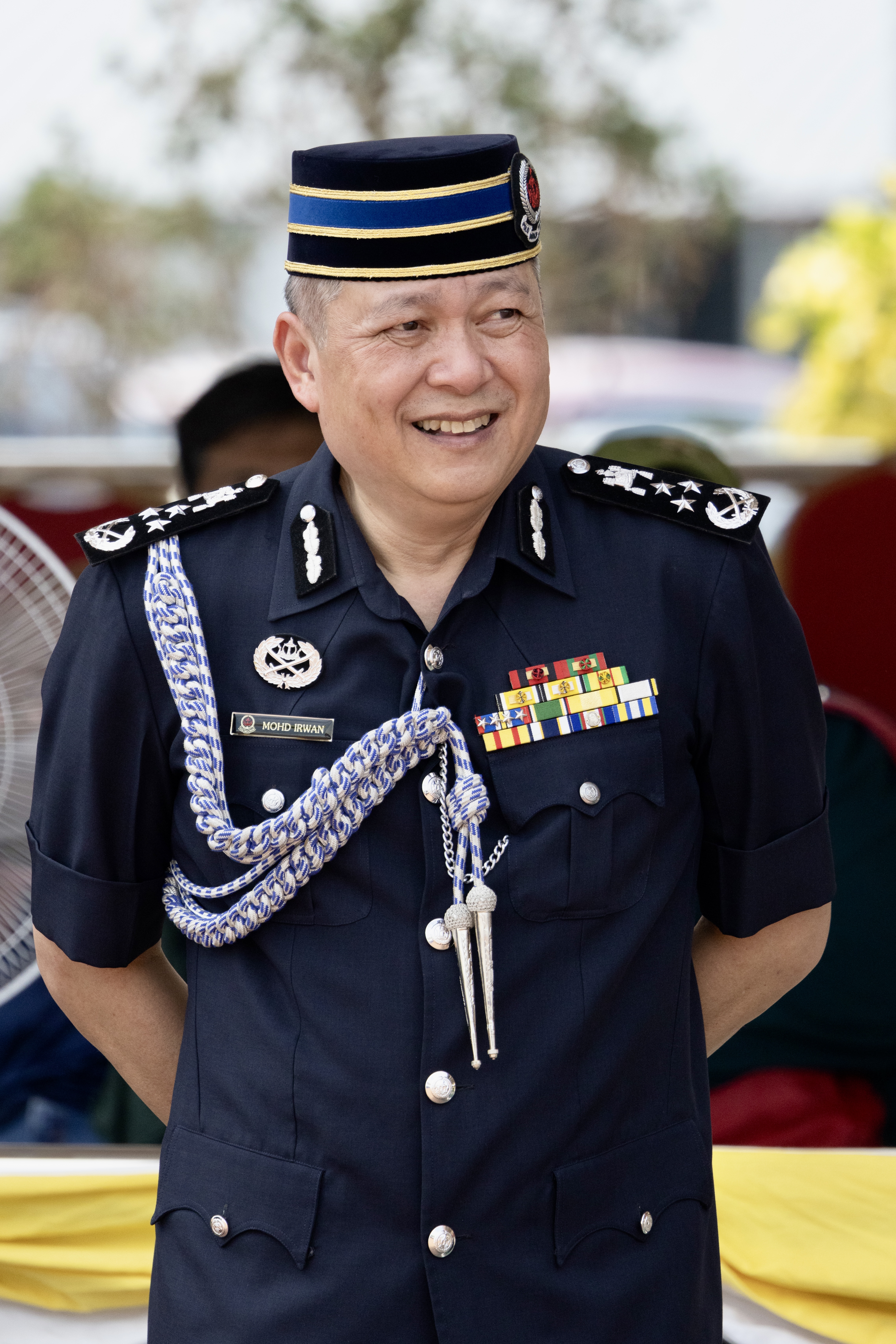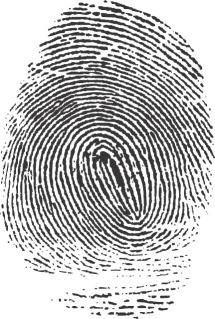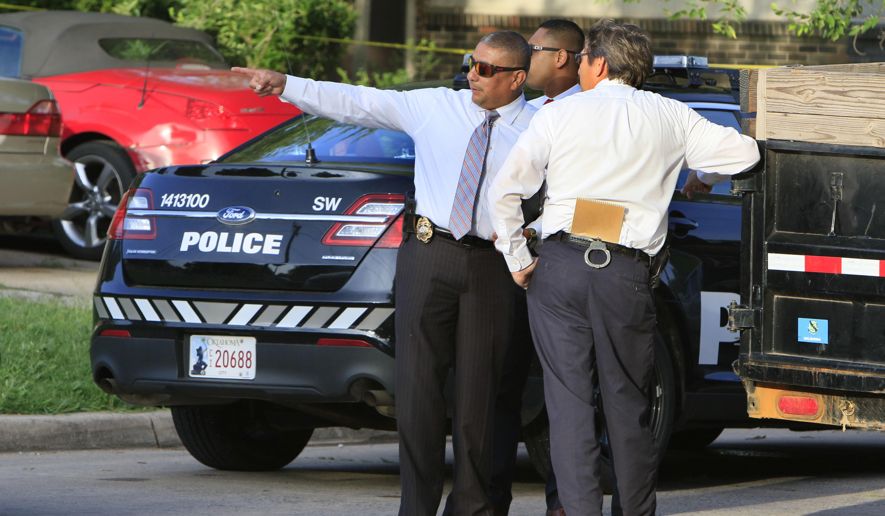|
Western Australia Police
The Western Australia Police Force, colloquially WAPOL, provides police services throughout the state of Western Australia to a population of 2.66 million people, of which 2.11 million reside in the Perth Metropolitan Region. Western Australia has a land area of , making it the world's largest non-federated area of jurisdiction. History Early history The genesis of the police was the appointment of a Sheriff by Captain (nautical), Captain James Stirling (Australian governor), Stirling on 18 June 1829, as part of the proclamation of the Swan River Colony, charged with maintaining public order in Perth and Fremantle colonies. The proclamation provided for the appointment of a sheriff having under his direction a high constable, constables, bailiffs, and surveyors of highways. The Sheriff still exists as an officer of the Supreme Court of Western Australia (Department of Justice), but no longer has jurisdiction over police or highways. The Sheriff retains responsibility for enforc ... [...More Info...] [...Related Items...] OR: [Wikipedia] [Google] [Baidu] |
Police Commissioner
A police commissioner is the head of a police department, responsible for overseeing its operations and ensuring the effective enforcement of laws and maintenance of public order. They develop and implement policies, manage budgets, and coordinate with other law enforcement agencies and community groups. Additionally, the commissioner handles high-profile cases, addresses public concerns, and represents the department in various forums. Rank insignia File:RCMP Commissioner.png, File:Ensenya comissari mossos d'esquadra.png, File:New Zealand Police OF-8.svg, alt=, File:Politikommissær.png, File:Police nationale-commissaire.svg, File:Commissario ruolo direttivo speciale ps.png, File:Ranks Dutch police wikimedia by venturedesign 300dpi Commissaris.png, File:POL policja komisarz.svg, File:Distintivo Comissário PSP.png, File:Comisar.png, alt=, File:SPF-SO-CP.svg, File:Cnpdivisme10.png, File:Swedish-police-rank-08.svg, File:5 Gold Stars.svg, File:Director General of Police ... [...More Info...] [...Related Items...] OR: [Wikipedia] [Google] [Baidu] |
Magistrates
The term magistrate is used in a variety of systems of governments and laws to refer to a civilian officer who administers the law. In ancient Rome, a ''magistratus'' was one of the highest ranking government officers, and possessed both judicial and executive powers. In other parts of the world, such as China, magistrate is a word applied to a person responsible for administration over a particular geographic area. Today, in some jurisdictions, a magistrate is a judicial officer who hears cases in a lower court, and typically deals with more minor or preliminary matters. In other jurisdictions (e.g., England and Wales), magistrates are typically trained volunteers appointed to deal with criminal and civil matters in their local areas. Original meaning In ancient Rome, the word ''magistratus'' referred to one of the highest offices of state. Analogous offices in the local authorities, such as ''municipium'', were subordinate only to the legislature of which they generally were ... [...More Info...] [...Related Items...] OR: [Wikipedia] [Google] [Baidu] |
Fingerprint
A fingerprint is an impression left by the friction ridges of a human finger. The recovery of partial fingerprints from a crime scene is an important method of forensic science. Moisture and grease on a finger result in fingerprints on surfaces such as glass or metal. Deliberate impressions of entire fingerprints can be obtained by ink or other substances transferred from the peaks of friction ridges on the skin to a smooth surface such as paper. Fingerprint records normally contain impressions from the pad on the last joint of fingers and thumbs, though fingerprint cards also typically record portions of lower joint areas of the fingers. Human fingerprints are detailed, unique, difficult to alter, and durable over the life of an individual, making them suitable as long-term markers of human identity. They may be employed by police or other authorities to identify individuals who wish to conceal their identity, or to identify people who are incapacitated or dead and thus unab ... [...More Info...] [...Related Items...] OR: [Wikipedia] [Google] [Baidu] |
United Kingdom Of Great Britain And Ireland
The United Kingdom of Great Britain and Ireland was the union of the Kingdom of Great Britain and the Kingdom of Ireland into one sovereign state, established by the Acts of Union 1800, Acts of Union in 1801. It continued in this form until 1927, when it evolved into the United Kingdom, United Kingdom of Great Britain and Northern Ireland, after the Irish Free State gained a degree of independence in 1922. It was commonly known as Great Britain, Britain or England. Economic history of the United Kingdom, Rapid industrialisation that began in the decades prior to the state's formation continued up until the mid-19th century. The Great Famine (Ireland), Great Irish Famine, exacerbated by government inaction in the mid-19th century, led to Societal collapse, demographic collapse in much of Ireland and increased calls for Land Acts (Ireland), Irish land reform. The 19th century was an era of Industrial Revolution, and growth of trade and finance, in which Britain largely dominate ... [...More Info...] [...Related Items...] OR: [Wikipedia] [Google] [Baidu] |
Detectives
A detective is an investigator, usually a member of a law enforcement agency. They often collect information to solve crimes by talking to witnesses and informants, collecting physical evidence, or searching records in databases. This leads them to arrest criminals and enable them to be convicted in court. A detective may work for the police or privately. Overview Informally, and primarily in fiction, a detective is a licensed or unlicensed person who solves crimes, including historical crimes, by examining and evaluating clues and personal records in order to uncover the identity and/or whereabouts of criminals. In some police departments, a detective position is obtained by passing a written test after a person completes the requirements for being a police officer. In many other police systems, detectives are college graduates who join directly from civilian life without first serving as uniformed officers. Some argue that detectives do a completely different job and ther ... [...More Info...] [...Related Items...] OR: [Wikipedia] [Google] [Baidu] |
Criminal Investigation Department
The Criminal Investigation Department (CID) is the branch of a police force to which most plainclothes criminal investigation, detectives belong in the United Kingdom and many Commonwealth of Nations, Commonwealth nations. A force's CID is distinct from its Special Branch (though officers of both are entitled to the rank prefix "Detective"). The name derives from the Criminal Investigation Department (Metropolitan Police), CID of the Metropolitan Police, formed on 8 April 1878 by C. E. Howard Vincent as a re-formation of its Detective Branch (Metropolitan Police), Detective Branch. British colonial police forces all over the world adopted the terminology developed in the UK in the 19th and early 20th centuries, and later the police forces of those countries often retained it after independence. English-language media often use "CID" as a translation to refer to comparable organisations in other countries. By country Afghanistan The ''Criminal Investigation Department'' is under ... [...More Info...] [...Related Items...] OR: [Wikipedia] [Google] [Baidu] |
Uniform
A uniform is a variety of costume worn by members of an organization while usually participating in that organization's activity. Modern uniforms are most often worn by armed forces and paramilitary organizations such as police, emergency services, security guards, in some workplaces and schools, and by inmates in prisons. In some countries, some other officials also wear uniforms in their duties; such is the case of the Public Health Service Commissioned Corps, Commissioned Corps of the United States Public Health Service or the France, French préfet, prefects. For some organizations, such as police, it may be illegal for non-members to wear the uniform. Etymology From the Latin ''unus'' (meaning one), and ''forma'' (meaning form). Variants Corporate and work uniforms Workers sometimes wear uniforms or corporate clothing of one nature or another. Workers dress code, required to wear a uniform may include retail workers, bank and post-office workers, public security, pu ... [...More Info...] [...Related Items...] OR: [Wikipedia] [Google] [Baidu] |
Literate
Literacy is the ability to read and write, while illiteracy refers to an inability to read and write. Some researchers suggest that the study of "literacy" as a concept can be divided into two periods: the period before 1950, when literacy was understood solely as alphabetical literacy (word and letter recognition); and the period after 1950, when literacy slowly began to be considered as a wider concept and process, including the social and cultural aspects of reading, writing, and functional literacy. Definition The range of definitions of literacy used by NGOs A non-governmental organization (NGO) is an independent, typically nonprofit organization that operates outside government control, though it may get a significant percentage of its funding from government or corporate sources. NGOs often focus ..., think tanks, and advocacy groups since the 1990s suggests that this shift in understanding from "discrete skill" to "social practice" is both ongoing and uneven ... [...More Info...] [...Related Items...] OR: [Wikipedia] [Google] [Baidu] |
The Sunday Times (Western Australia)
''The Sunday Times'' is a tabloid Sunday newspaper published by Seven West Media, in Perth and distributed throughout Western Australia. Founded as ''The West Australian Sunday Times'', it was renamed ''The Sunday Times'' from 30 March 1902. Owned since 1955 by News Limited, the newspaper and its website ''PerthNow'', were sold to Seven West Media in 2016.SWM finalises purchase of The Sunday Times . '''', 8 November 2016, page 3 History Established by Frederick Vosper and E ...[...More Info...] [...Related Items...] OR: [Wikipedia] [Google] [Baidu] |
Ticket Of Leave
A ticket of leave was a document of parole issued to convicts who had shown they could now be trusted with some freedoms. Originally the ticket was issued in United Kingdom, Britain and later adapted by the United States, Canada, and Ireland. Australia The ticket of leave system was first introduced by Governor of New South Wales#History, Governor Philip Gidley King in 1801. Its principal aim was to reduce the burden on the fledgling colony, colonial government of providing food from the government's limited stores to the convicts in Australia, convicts who were being penal transportation, transported from the United Kingdom to Australia and its colonies of New South Wales and Tasmania. Convicts who seemed able to support themselves were awarded a ticket of leave. Before too long, tickets began to be given as a reward for good behaviour, which permitted the holders to seek employment within a specified district but not to leave it without the permission of the government or t ... [...More Info...] [...Related Items...] OR: [Wikipedia] [Google] [Baidu] |
Convicts
A convict is "a person found Guilt (law), guilty of a crime and Sentence (law), sentenced by a court" or "a person serving a sentence in prison". Convicts are often also known as "prisoners" or "inmates" or by the slang term "con", while a common Label (sociology), label for former convicts, especially those recently released from prison, is "ex-con" ("ex-convict"). Persons convicted and sentenced to Community sentence, non-custodial sentences tend not to be described as "convicts". The label of "ex-convict" usually has lifelong implications, such as social stigma or reduced opportunities for employment. The Government of Australia, federal government of Australia, for instance, will not, in general, employ an ex-convict, while some States and territories of Australia, state and territory governments may limit the time for or before which a former convict may be employed. Historical usage The particular use of the term "convict" in the English-speaking world was to describe th ... [...More Info...] [...Related Items...] OR: [Wikipedia] [Google] [Baidu] |
Indigenous Australians
Indigenous Australians are people with familial heritage from, or recognised membership of, the various ethnic groups living within the territory of contemporary Australia prior to History of Australia (1788–1850), British colonisation. They consist of two distinct groups, which include many ethnic groups: the Aboriginal Australians of the mainland and many islands, including Aboriginal Tasmanians, Tasmania, and the Torres Strait Islanders of the seas between Queensland and Papua New Guinea, located in Melanesia. 812,728 people Aboriginality, self-identified as being of Aboriginal and/or Torres Strait Islander origin in the 2021 Australian Census, representing 3.2% of the total population of Australia. Of these Indigenous Australians, 91.4% identified as Aboriginal, 4.2% identified as Torres Strait Islander, and 4.4% identified with both groups. The term Aboriginal and Torres Strait Islander peoples or the person's specific cultural group, is often preferred, though the term ... [...More Info...] [...Related Items...] OR: [Wikipedia] [Google] [Baidu] |








